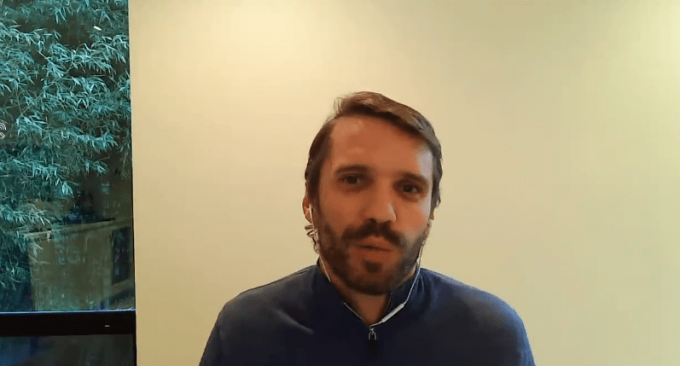Transpac GRIs fail to prop up under-pressure container spot freight rates
It was a relatively flat week for pricing on the major deepsea box shipping trades, ...

Flexport has told customers it welcomes the newfound riches of the shipping lines – and that the “last thing” the industry needs is another box line bankruptcy.
At a customer event last week, chief executive Ryan Petersen said: “The shipping lines are finally turning a profit, ...

Comment on this article
Ketan Dholakia
October 21, 2020 at 1:51 pmSo what new information was made available here please?